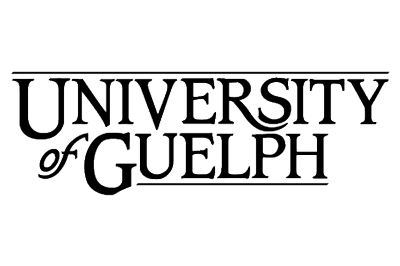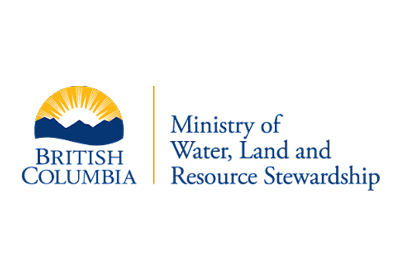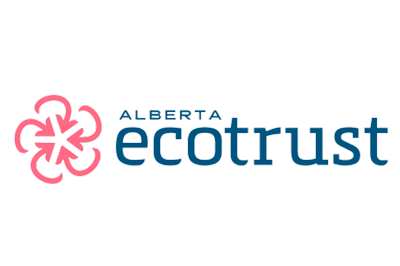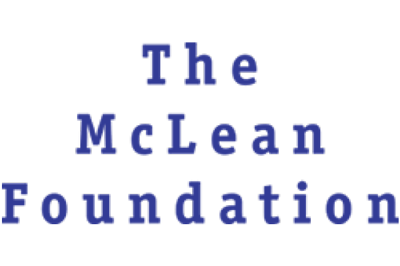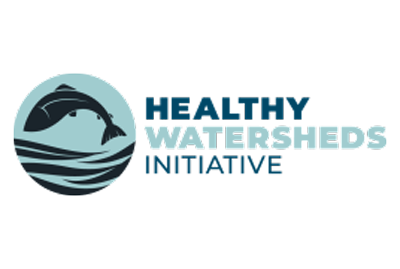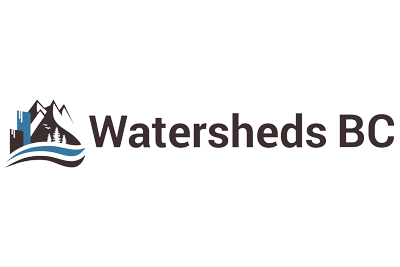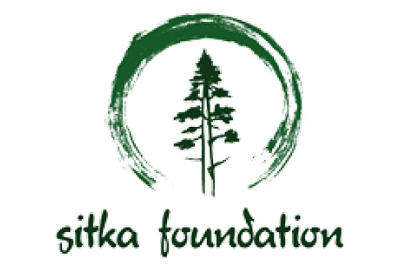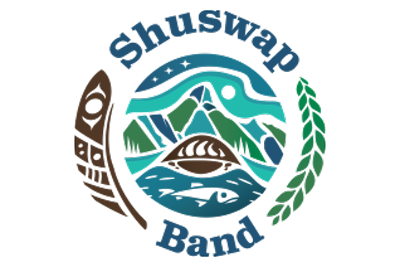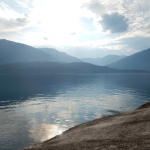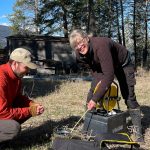WHAT IS STREAM?
DNA metabarcoding is an emerging tool for detecting the presence of different animals in an ecosystem. Based out of the Hajibabaei Lab at the University of Guelph, Sequencing the Rivers for Environmental Assessment and Monitoring (STREAM) is a pilot project that uses DNA metabarcoding to analyze the distribution of benthic macroinvertebrates in watersheds across Canada, helping inform water quality assessments. Between 2019-2023 Living Lakes Canada delivered one day training courses where participants learned about DNA metabarcoding and gain technical field skills used for the collection of benthic macroinvertebrates and DNA analysis.
HOW THE PROGRAM WORKS
This project uses the standardized kick net method to collect benthic macroinvertebrates, which are the small animals on the bottom of streams. Benthic macroinvertebrates are highly sensitive to pollutants and other changes that impact aquatic ecosystem health and act as indicators of water quality.
Living Lakes Canada helped to train interested organizations in STREAM and assisted with sampling efforts, offering knowledge in site selection and monitoring. Organizations submitted their STREAM samples for analysis to the Hajibabaei Lab and upload results to the Canadian Aquatic Biomonitoring Network (CABIN) database under the STREAM-BERGE project. Participants learnt and built skills for biodiversity presence/not detected data and open source database utilization, while using new, cost-effective technology.
PROGRAM OVERVIEW
Originally co-delivered by Living Lakes Canada, World Wildlife Fund-Canada, Environment and Climate Change Canada and University of Guelph, STREAM is contributing to the better understanding of aquatic ecosystem health through the DNA metabarcoding of benthic macroinvertebrate samples collected across Canada. The project provided opportunities for the application of DNA metabarcoding methods that are potentially faster and less expensive than morphological taxonomic identification given the greater capacity to analyze samples in bulk. It also has the potential to provide enhanced biodiversity information analyzing samples to the species level. Currently however, it does not provide information on species abundance.
YEAR 1
Year 1 of the STREAM project focused on 5 priority watersheds:
- Columbia Basin, B.C
- Skeena Basin, B.C
- Peace/Athabasca, B.C
- Bow Valley, AB
- Sudbury, ON
YEAR 2
Year 2 of the project was delayed due to COVID-19 public health restrictions, but focused on 2 additional priority watersheds:
- Upper Fraser-Nechako
- Upper South Saskatchewan
We also supported Year 1 participants with collecting and shipping their Year 2 samples.
YEAR 3
The following trainings took place in 2021 for Year 3:
- Nelson, B.C. June 15-16
- Rocky Mountain House, AB June 19-23
- Kenora, ON August 6-9
- Thunder Bay, ON August 9-13
- Fort Nelson, B.C. August 25-29
- Buick, B.C. August 30-September 3
- Whitehorse, YT September 7-10
- Ottawa, ON September 27-30
- Invermere, B.C. October 11-15
YEAR 4
For Year 4 of STREAM (2022), the following training courses took place:
- Kimberley, B.C., June 2-3
- Fredericton, NB, June 14-17
- Stó:lō First Nation, September 12-14
YEAR 5
In Year 5 of STREAM (2023), STREAM training took place in the following locations:
- Guelph, ON, May 2
- Lakefield, ON, May 3
- Toronto, ON, May 5
- Whitehorse, YT, June 26-29
CONTACT
We are encouraging anyone interested in understanding the biodiversity that inhabits their river or stream system to contact us to learn more about the STREAM project.
If you are interested in learning about DNA metabarcoding, please email us at biomonitoring@livinglakescanada.ca.
MORE INFORMATION
To learn more about this program, visit the Resources section in the right hand column and check out the following recordings:
- Alhgoh 'uts'ut'en (We all work together) for Water: A film about the STREAM training with the Binche Whut'en First Nation in B.C. that was shortlisted in the 2021 Let's Talk About Water International Film Fest.
- People Power for Healthy Rivers: DNA Technology Meets Citizen Science in STREAM: A film about the STREAM project that was released on March 22, 2020 for World Water Day.
- Discover Canada's Watershed Health - The Watershed Reports 2020: A discussion about WWF-Canada's 2020 Watershed Reports and the role of STREAM hosted by WWF-Canada's Freshwater Specialist Catherine Paquette and Living Lakes Canada Program Manager Raegan Mallinson, that aired on November 9, 2020.
- 2021 STREAM Webinar Series: A webinar series hosted by Living Lakes Canada in spring 2021 to introduce the STREAM project to anyone interested in community-based water monitoring.
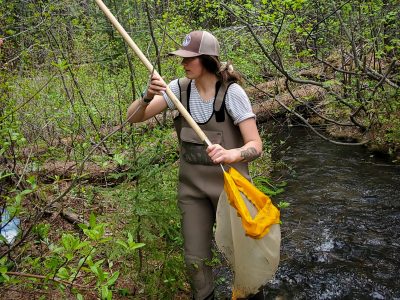
News and Updates
Measuring Water Heath with Bioindicators (pg. 24) – Water Canada Magazine, Mar/Apr 2024
Ontario groups learn about bugs as bioindicators – Living Lakes Canada, May 24 2023
Different ways the public participate in scientific research: Monitoring the health of streams with community-collected bugs – Canadian Science Publishing, Oct 12 2022
“It’s at the very core of everything”: The significance of Canada’s wild rivers – Canadian Geographic, June 2019
A New Kind of Liquid Biopsy – Illumina News Center, Aug 24 2022
Teaching citizen scientists to hunt for ‘canary in the coal mine’ in Alberta’s rivers – The Narwhal, Aug 7 2021
For a complete list of news features, visit our In The News page!

